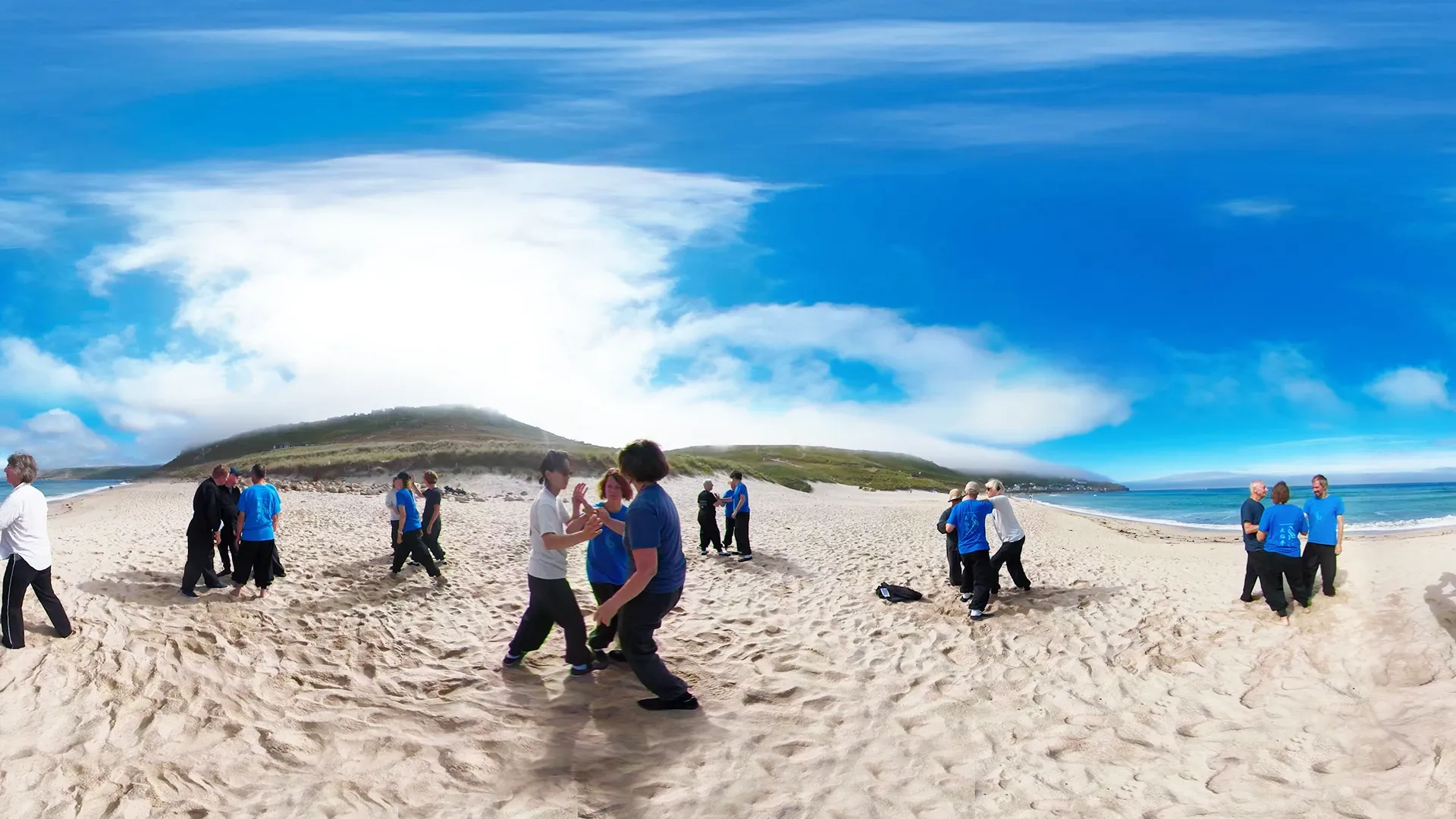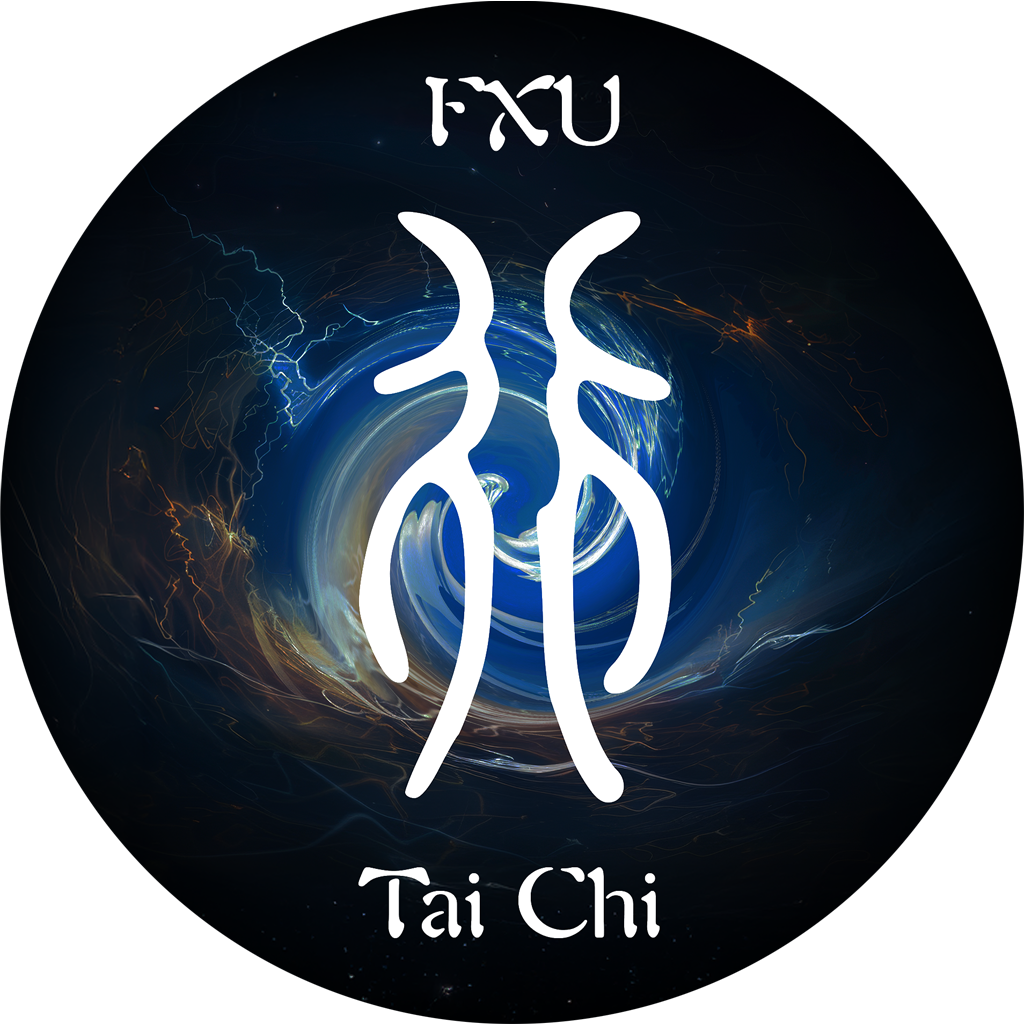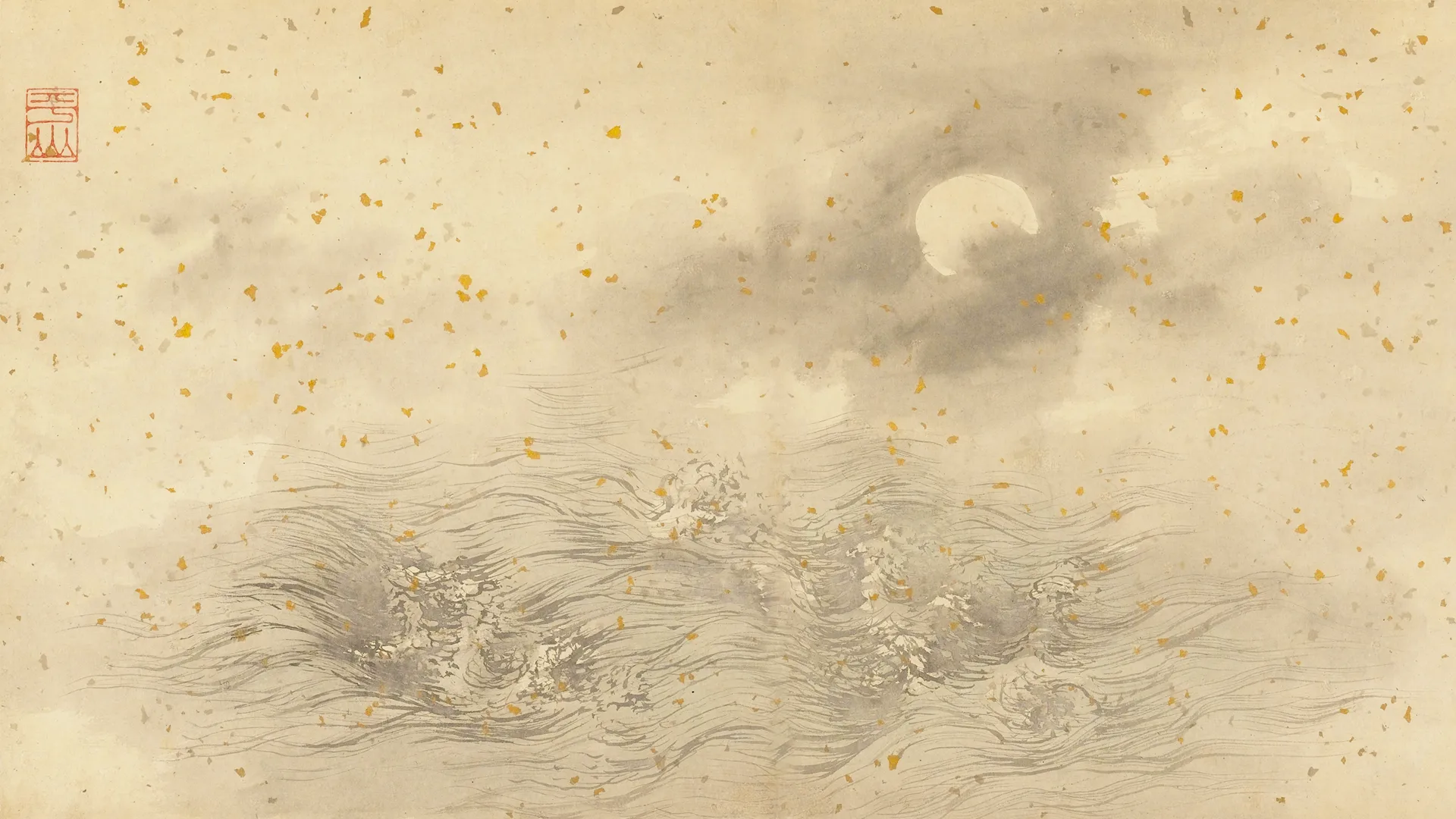Anxiety is a common and complex condition that affects millions of people worldwide. It can manifest in various forms, from social anxiety to generalized anxiety, and can significantly impact daily life. While there are many approaches to managing anxiety, integrating practices like Tai Chi offers a holistic and empowering way to address this condition.
A Dual Perspective
Anxiety can be understood from both Western and Eastern medical perspectives. In Western medicine, anxiety is often linked to imbalances in brain chemistry, stress responses, and psychological factors. Treatments typically involve therapy, medication, or lifestyle changes. From an Eastern perspective, particularly in traditional Chinese medicine (TCM), anxiety is seen as a disruption in the body’s energy flow, or qi. This imbalance can stem from deficiencies in the Kidney Yin, which governs emotional stability and inner harmony.
Water element
In TCM, the kidneys are associated with the Water element and play a crucial role in maintaining emotional balance. Kidney Yin deficiency is often linked to anxiety, as it disrupts the body’s ability to nurture and calm the mind. This deficiency can lead to symptoms such as restlessness, fear, and an inability to relax.
Kidney Yin also know as Jing, or “vital essence,” is a key concept in TCM. It represents the body’s deepest source of energy and is closely tied to reproductive and creative potential. Depleting Jing through excessive stress, overwork, or unhealthy habits can exacerbate Kidney Yin deficiency and worsen anxiety.
Lifestyle Factors
Several lifestyle factors can contribute to Kidney Yin deficiency and deplete Jing. These include:
- Overstimulation: Consuming stimulants like coffee, sugar, and alcohol and drugs can hyperactivate the body’s energy systems, leading to burnout.
- Chronic Stress: Prolonged stress disrupts the body’s natural balance and depletes vital energy.
- Poor Diet: Unhealthy eating habits can strain the body and impair its ability to maintain harmony.
- Overexertion: Excessive physical or mental activity without adequate rest can drain Jing.
Addressing these factors is essential for restoring balance and managing anxiety. This involves adopting healthier lifestyle choices, such as improving diet, reducing stress, and engaging in practices that nurture energy.
Tai Chi can help
Tai Chi, an ancient Chinese martial art, offers a unique solution to managing anxiety. By combining slow, flowing movements with deep breathing and a meditative mindset, Tai Chi promotes relaxation, balance, and inner harmony. Here are some key ways Tai Chi helps:
- Balancing Yin and Yang: Tai Chi movements embody the principle of Wuwei (effortless action), fostering a state of relaxed alertness that minimizes tension and stress.
- Cultivating Jing: The practice encourages conservation and rejuvenation of vital energy, helping to restore Kidney Yin and alleviate anxiety.
- Building Resilience: Regular practice strengthens willpower and resilience, enabling individuals to better cope with challenges and emotional turmoil.
Building Confidence
Tai Chi is not just a meditative practice; it also has deep roots in self-defense. Engaging in Tai Chi’s martial aspects can enhance physical confidence and empowerment. This sense of safety and capability can translate into everyday life, helping individuals feel more secure and self-assured.
For those struggling with social anxiety, this newfound confidence can be transformative. By improving posture, movement, and overall presence, Tai Chi helps individuals navigate social situations with greater ease and poise. The practice also fosters a sense of connection to oneself and others, which is particularly beneficial for overcoming feelings of isolation or fear.
Holistic Healing
Anxiety is not just a mental health issue but a sign of deeper imbalances in the body’s energy systems. By addressing these root causes through practices like Tai Chi, individuals can move beyond symptom management to achieve lasting harmony and well-being.
In conclusion, anxiety is a multifaceted challenge that requires a holistic approach. By understanding its roots in both Western and Eastern perspectives, adopting healthier lifestyle habits, and embracing practices like Tai Chi, individuals can reclaim their balance, confidence, and peace of mind.



Leave a Reply